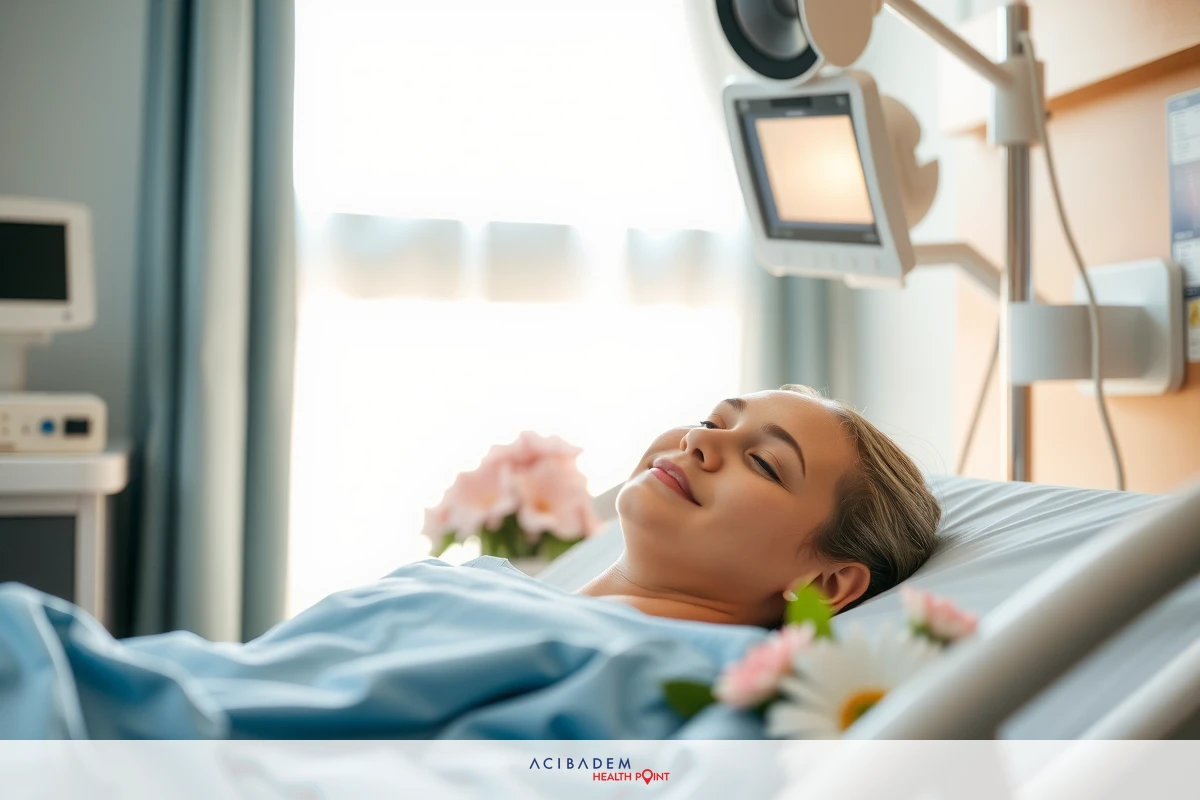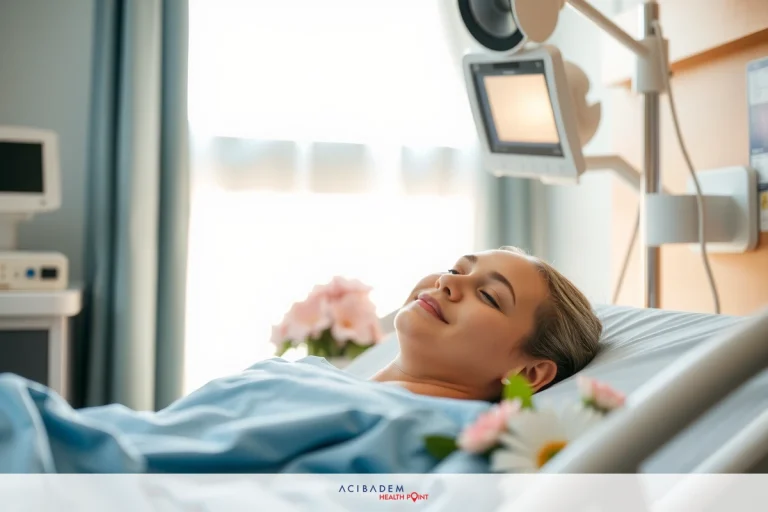Infections After BBL Surgery
Infections After BBL Surgery Brazilian Butt Lift, abbreviated as BBL, has increasingly become a popular choice for enhancing one’s body contour. While the procedure promises appealing results, it is not without potential complications. Among these possible setbacks, infections remain a common concern that both patients and medical practitioners need to vigilantly anticipate.
Recognizing an infection early can mitigate its impact on the patient’s recovery journey. The symptoms may range from localized redness and swelling at the surgical site to systemic signs like fever and weakness. Proper post-operative care plays a paramount role in preventing such complications from arising.
The journey toward healing after BBL surgery involves adhering to specific guidelines designed for wound care management and general postoperative instructions. This adherence not only ensures optimal aesthetic outcomes but also significantly reduces chances of unwanted incidents like infections during the critical recovery period.
Signs and Symptoms of Infection
Infections after a Brazilian Butt Lift (BBL) surgery can manifest in various ways, each indication vital to acknowledge for timely intervention. A common sign of infection is increased redness around the surgical site. This discoloration typically extends beyond the normal healing inflammation expected after such procedures, growing more severe over time.
Another symptom commonly associated with infections following BBL surgery is pain or tenderness at the surgical site that intensifies rather than subsides as days pass. As postoperative complications are integral parts of any surgical procedure, discomfort should gradually decrease if proper recovery protocols are followed. However, an escalating pain level might signify an underlying infection.
Systemic symptoms may also occur in conjunction with localized signs when dealing with surgical site infections following BBL surgery. Fever often accompanies these local symptoms as a way the body signals it’s fighting off harmful pathogens invading its system. Other systemic indicators include fatigue or weakness and potentially even nausea or vomiting — all cues that something isn’t quite right within your body’s state.
Additional tell-tale signs can include pus discharge from the wound – this could be clear fluid initially but might grow cloudy and possibly foul-smelling if left untreated; swelling which doesn’t diminish but rather increases with passing days; heat emanating from around the incision area; or skin that feels hot to touch around where incisions were made during surgery – another telltale sign indicating potential trouble brewing underneath.
Understanding these possible warning signs helps preemptively identify problems before they exacerbate further into serious consequences—prevention being far preferable to cure, especially when considering postoperative complications like infections after cosmetic surgeries such as BBLs.
Preventing Infections
In the journey of body contour enhancement through Brazilian Butt Lift (BBL) surgery, one cannot overlook the importance of infection prevention. It serves as a cornerstone in ensuring a smooth recovery and optimum results. A combination of good surgical site care, appropriate wound care, and diligent hygiene practices can significantly mitigate the risk of postoperative infections.
Surgical site care begins immediately after your BBL procedure concludes. Keep the incision area clean and dry at all times unless otherwise directed by your healthcare provider. Regularly change any dressings or

Maintaining personal hygiene goes beyond cleanliness; it’s about reducing germs that could potentially cause an infection. Regular hand washing using antibacterial soap is critical before touching near your surgical area or handling any dressings for wound care.
Your diet plays a significant role in your healing process as well; eating nutrient-rich foods boosts immunity and aids faster recovery. Hydration is equally important—drink plenty of water to support bodily functions crucial during this period.
Avoid strenuous activities that might strain your healing body parts until fully recovered—not only does this prevent physical damage but also reduces chances for bacterial intrusion into vulnerable areas like fresh wounds from recent surgeries.
Follow up closely with all scheduled post-operative appointments so that medical professionals can monitor healing progression timely, addressing potential complications early if they arise.
Wound care involves not just cleaning but also observing daily changes—if you notice increased redness, pus discharge or other signs previously discussed indicative of infections, contact your healthcare professional promptly for further guidance on managing these possible complications following BBL surgery.
Regular compliance with prescribed medication regimens (like antibiotics provided as prophylaxis against likely pathogens) helps keep potential infectious agents at bay effectively preventing their proliferation within our bodies during such susceptible periods post-surgery.
Appropriate clothing selection contributes towards prevention too—opting for loose-fitting garments minimizes friction against the surgical site reducing possibilities for unexpected wound disruption and subsequent bacterial invasion.
These varied measures collectively contribute towards effective prevention of infections after BBL surgery. While the process may seem daunting, remember that each step is essential in safeguarding your health while achieving desired aesthetic outcomes.
Recovery and Follow-up Care
The period following a Brazilian Butt Lift (BBL) surgery is an essential phase where meticulous attention to recovery guidelines can make all the difference. The steps taken during this timeframe not only ensure optimal aesthetic outcomes but also significantly reduce the likelihood of complications, including infections. The process requires commitment and patience, with each stage having its unique requirements in terms of care.
In the initial days following BBL surgery, rest is paramount. Your body has undergone significant stress during the procedure; hence, it needs time for recuperation. Avoid strenuous activities that could exert pressure on your surgical site or compromise wound healing. It’s also crucial to manage pain appropriately as uncontrolled discomfort might hinder mobility leading to other issues like blood clots.
Hydration is another key aspect of postoperative recovery—it helps flush out toxins from your body and facilitates smoother bodily functions critical at such times. Alongside fluid intake, maintain a balanced diet rich in proteins and vitamins that aid tissue repair and immune function respectively—both vital components working towards preventing possible infections after BBL surgery.
Adherence to prescribed medication regimes (like antibiotics given prophylactically against potential pathogens) cannot be overstated either—these medicines are designed specifically keeping postoperative complications in mind; hence their regular consumption ensures we have substantial defenses up against likely infectious agents intruding our bodies during these susceptible periods post-surgery.
Follow-up appointments serve as checkpoints throughout your recovery journey where healthcare professionals assess how well you’re healing while addressing any arising concerns promptly should they occur—an integral part of comprehensive health management ensuring nothing falls through cracks unnoticed potentially exacerbating into major issues later on if left untreated initially.
Paying heedful attention towards changes occurring around surgical sites daily aids early detection of possible problematic signs indicative of infection or other complications related with BBL surgeries – increased redness, swelling, pus discharge or persistent pain being some among them; reporting these observations without delay enables timely intervention preventing further progression.
Even seemingly trivial factors like choosing suitable clothing can contribute meaningfully towards smoother healing—opting for loose garments reduces friction against wounds thereby lowering chances for unexpected disruptions which could potentially expose inner tissues to external contaminants leading consequently onto infections or similar complications.
These guidelines collectively aim at ensuring your recovery journey post-BBL surgery is as smooth and complication-free as possible. By following them diligently, you’re taking proactive steps not just towards achieving desired body contours but more importantly, maintaining overall health throughout the process.
Frequently Asked Questions
What is the typical recovery period after BBL surgery?
The healing process varies among individuals, but generally, patients can expect to resume most normal activities within 2-3 weeks post- surgery. Full recovery may take up to a few months as your body adjusts and heals.
How can I reduce the risk of infection during my recovery?
Following your surgeon's postoperative instructions meticulously is crucial. This includes guidelines on wound care, diet, hydration, rest, medication regimen adherence and hygiene practices. All these measures collectively work towards minimizing infection risks effectively.
What should I do if I suspect an infection following my BBL surgery?
If you notice signs such as increased redness or swelling at the surgical site, escalating pain levels that don't subside with prescribed pain relievers or systemic symptoms like fever or weakness - contact your healthcare provider promptly for further guidance rather than waiting it out hoping things might improve spontaneously over time.
Are follow-up appointments necessary even if I'm feeling fine post-surgery?
Yes! Follow-up visits allow medical professionals to monitor how well you're healing while addressing potential complications early in case they arise—even without apparent symptoms initially; hence their importance cannot be overstated when considering comprehensive health management strategy following any major surgical procedures like BBLs.











